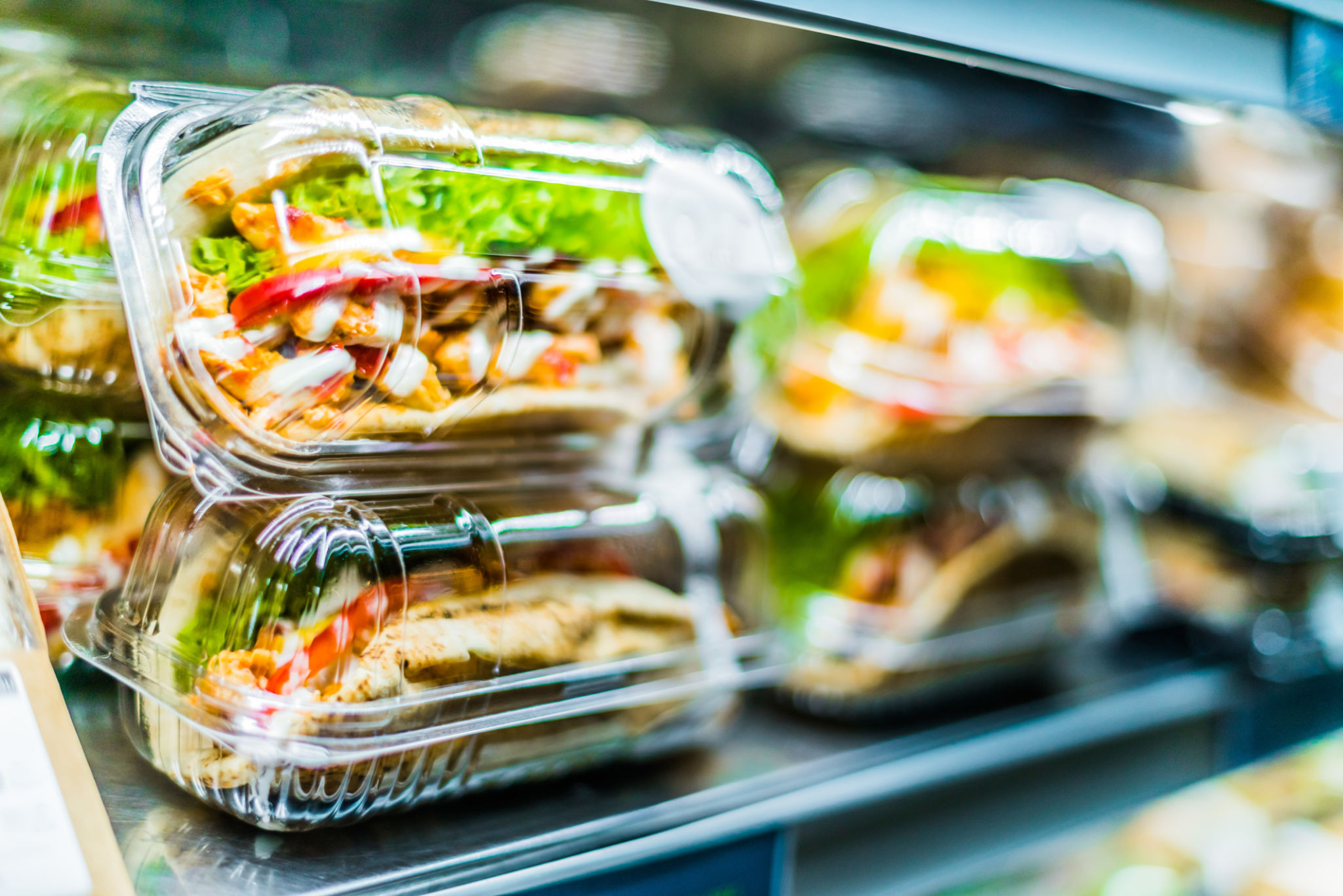Navigating the Dubai Vegetable Import Scene: A Guide for New Entrants
Understanding the Dubai Vegetable Import Market
Dubai, a bustling metropolis in the United Arab Emirates, is a hub for international trade and commerce. Among its many thriving sectors, the vegetable import market stands out due to its dynamic nature and significant demand. For new entrants looking to navigate this scene, understanding the landscape is crucial. The market is characterized by diverse consumer preferences, regulatory requirements, and logistical challenges.

Key Regulatory Requirements
Entering the Dubai vegetable import market requires compliance with several regulations. The UAE government has stringent rules to ensure food safety and quality. Importers must obtain necessary licenses, such as the Trade License and Food Import Clearance Certificate. Additionally, it is vital to adhere to the guidelines set by the Dubai Municipality's Food Safety Department.
One must also be aware of the labeling requirements, which include providing accurate information about the product's origin, production, and expiration dates. Staying compliant with these regulations not only ensures smooth business operations but also enhances reputation and consumer trust.
Logistics and Supply Chain Management
Efficient logistics are at the heart of a successful import business. The strategic location of Dubai makes it an ideal gateway for trade, but it also demands robust supply chain management. New entrants should invest in reliable shipping and storage solutions to maintain the freshness of their produce.

Partnering with experienced logistics providers can ease the complexities involved in transportation and customs clearance. It is essential to plan for contingencies such as delays and ensure that operations align with the peak seasons of supply and demand.
Identifying Market Opportunities
The Dubai vegetable market is diverse, catering to a multicultural population with varied dietary preferences. Conducting thorough market research can help identify niche opportunities and trends. For instance, there is a growing demand for organic and exotic vegetables among health-conscious consumers.
Moreover, establishing strong relationships with local retailers and wholesalers can open up new avenues for distribution. Networking within industry circles and participating in trade shows can also provide valuable insights and connections.

Building a Competitive Advantage
To succeed in the competitive Dubai vegetable import market, newcomers must focus on building a distinct competitive advantage. This can be achieved through quality assurance, competitive pricing, and exceptional customer service. Branding plays a crucial role in differentiating your offerings from competitors.
Leveraging digital marketing strategies, such as social media promotions and online marketplaces, can enhance visibility and reach a broader audience. Staying informed about technological advancements in agriculture and logistics can also provide an edge over traditional methods.
Conclusion
Navigating the Dubai vegetable import scene requires diligence, strategic planning, and adaptability. By understanding regulatory requirements, optimizing logistics, identifying market opportunities, and building a competitive edge, new entrants can establish themselves successfully in this vibrant market. The journey may be challenging, but the rewards are substantial for those who are prepared to embrace innovation and growth.
